The || operator returns the left hand side if the left hand side is true, otherwise it returns the right hand side.
Thus (false || "test") is "test".
"test" is a true value, so you get:
"test" ? "first" : "second"
The ternary operator returns the value before the : if the value before the ? is a true value (which is is).
What happens in general when the conditional operator can't evaluate an expression as True or False ?
The result of any expression can be evaluated as being a true or false value, so that will never happen.
